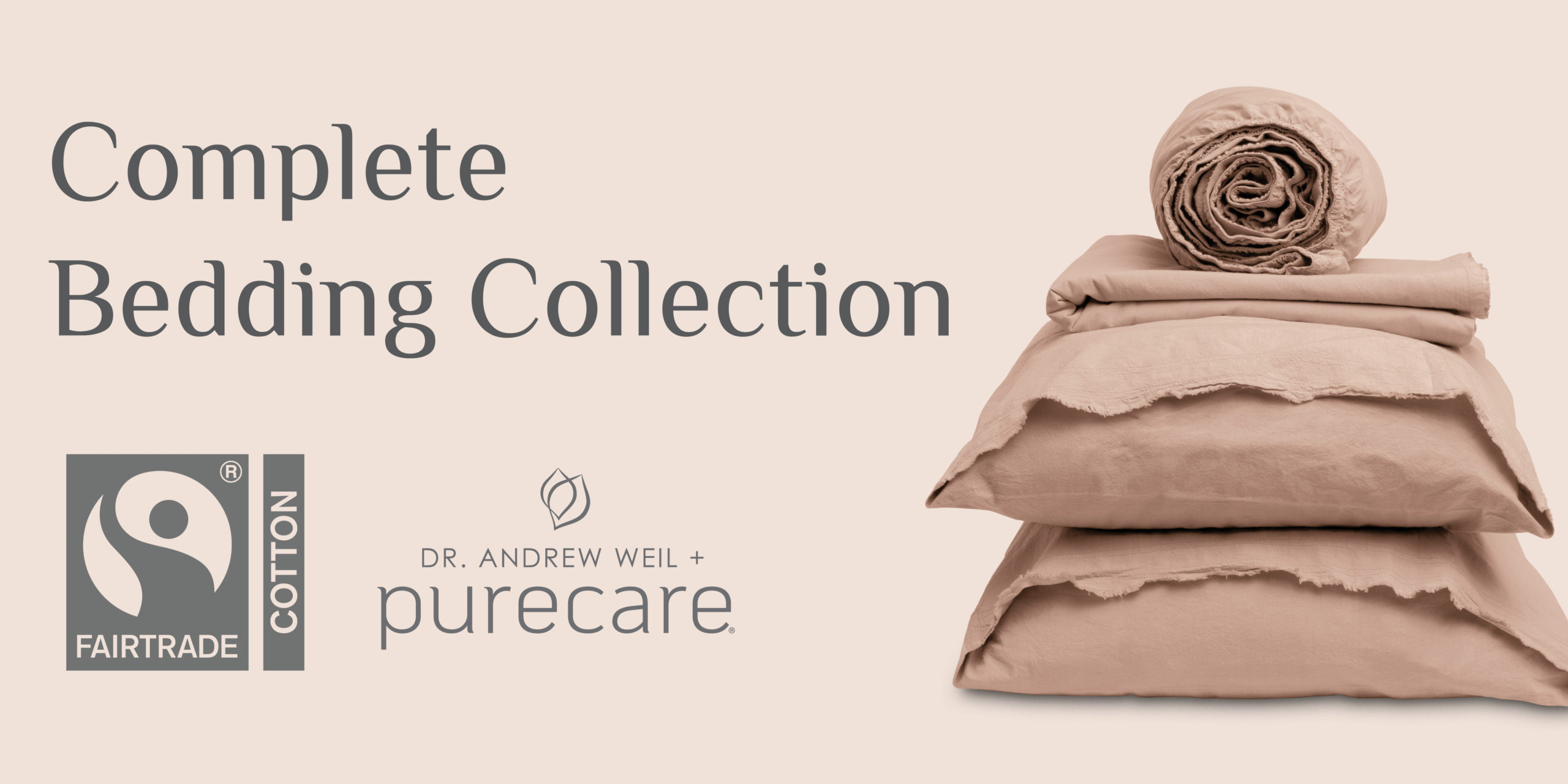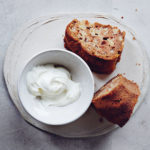Seasonal Allergies Interrupting A Good Night’s Rest?

Allergic rhinitis, like all symptoms of seasonal allergies, reflects a misplaced immunereaction: a response of the immune system to substances identified as posing a threat. Many of these substances are not actually harmful (dust, pollen, pet dander), but the immune system reaction can by quite bothersome. Along with the most obvious side effects of sneezing, runny nose, and itchy eyes some people have reported interrupted sleep. Affecting sleep can result in a cascade of harmful effects that can be hard to recover from even when the allergy exposure is removed.
Here are a number ofnatural measures you can take to reduce symptoms of seasonal allergies to help promote better sleep:
- Limiting exposure is an obvious one. Although along with seasonal allergies comes nicer weather andstaying indoors all day is probably out of the question for those of us who love nature.
- Avoid being outside in the early mornings when pollen count is highest, or during those high wind days when pollens are churning through the air.
- Keep doors and windows closed – this can keep pollen level lower inside your home, which is important particularly at night.
- A good HEPA air filter may help, especially in the bedroom at night.
- In addition to an air filter, a humidifier may help if the relative humidity is low. Be sure use fresh water and monitor the filter.
- Change your home’s air filters regularly.
- Vacuum often and eliminate wall-to-wall carpets, if at all possible.
- Venetian blinds have a lot of surface area to catch pollens and dust. Clean often, or replace with shades, especially in the bedroom.
- Remove and wash clothing worn outside as soon as possible. Use a clothes dryer rather than hanging outside to avoid pollens collecting on clothing and bedding.
- Taking a steamy, hot shower before bed to clear sinuses and rinse pollen out of the hair.
- Consider herbal preparations like stinging nettle and quercetin. For hay fever season, it’s best to start these several weeks before and continue into summer if possible. They can also be dosed more than once daily so consider taking in the morning and the evening.
- Try nasal douching with a warm saline solution to rinse pollen grains off delicate nasal tissues and soothe and hydrate irritated mucous membranes right before bed.
- Lower the histamine intake of your diet. Alcohol and processed meats like deli cold cuts and hot dogs can add to your histamine burden, which is one of the drivers of allergy symptoms. Cutting them out during this time likely has additional health benefits.
Dr. Weil also recommends mind-body interventions like hypnotherapy. He believes some allergies are a learned response of the immune system, and that anything learned can be unlearned.
Find more recommendations for addressing seasonal allergies and achieving deep sleep here.
Today’s Health Topics
Editor's Pick
Health Focus
Ask Dr. Weil's Q&A











